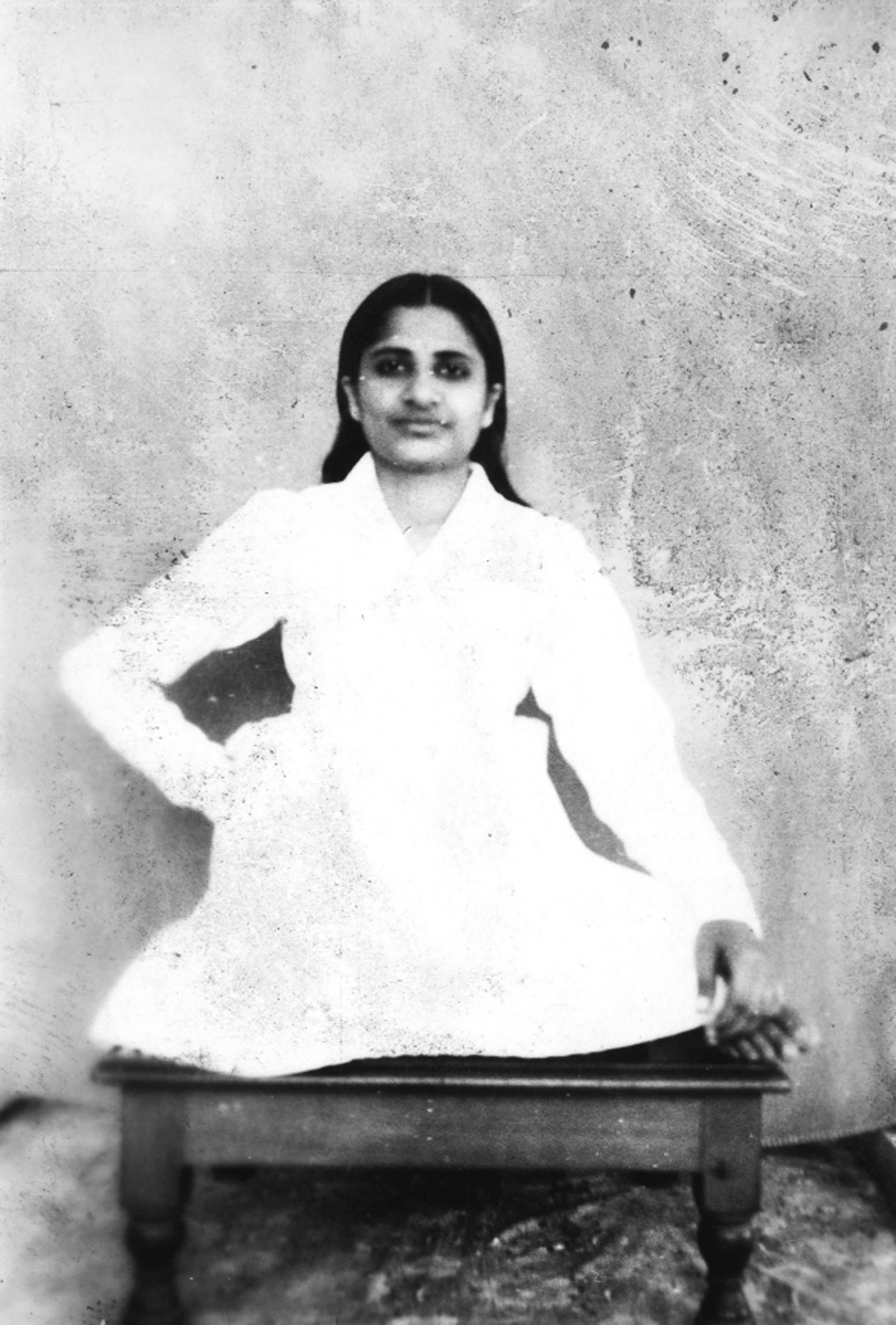Upholding the Dignity of Women

Weaving the Story of Women’s Lives:
Her Name Means “Jewel of Light”
Dadi Prakashmani (c. 1922-2007)
Editors’ Note:
Who was this woman in whom the Founder of the Brahma Kumaris entrusted everything? In honor of Women’s History Month, we offer a glimpse into the life of Dadi Prakashmani. She oversaw the expansion of the Brahma Kumaris into a global organization and provided spiritual and administrative leadership for 40 years following the death of the founder, Dada Lekraj Kripalani, known as Brahma Baba.
Read Full Article
By Carolyn Ward
Author, “Four Faces of Women”
 Recorded history tells us that women began to be recognized as having a voice as early (or late) as 1718. Sweden and Russia led the way in the long and still continuing journey to women´s rights.
Recorded history tells us that women began to be recognized as having a voice as early (or late) as 1718. Sweden and Russia led the way in the long and still continuing journey to women´s rights.
However in this past century we have seen extraordinary changes in the state, status, rights and roles of women. Not everywhere and not for every woman, yet the world is certainly unrecognizable in so many ways from the year 1900.
The social and political work in attaining equality has been crucial; it has been essential in bringing about the recognition, value and dignity of woman on a macro scale.
In addition to the ongoing movement to ensure equal rights for women and men at home, in society and in the workplace, we have seen an incredible rise in women´s empowerment. Empowerment in the sense of self-esteem and self-respect.
In the end, for the changes to be sustainable, for them to become part of a living culture, a way of living, a woman must know her own worth. It cannot be given to her nor graciously bequeathed to her. She can be shown the way to discover that worth, she can be reminded of her value; policies and laws can be shaped to give her rights and protect those rights; she can be accompanied in her discovery of herself as the unlimited being whom she is, yet finally, the matter of one´s own dignity rests with one´s self. And this is the spiritual part of the story. This is what is called one’s spiritual journey.
Self-Respect and Self-Esteem
In arriving to a place of dignity and self-value or worth, there are two areas that are fundamental. They are interconnected yet very distinct aspects of identity.
The first is Self-Esteem and this is based on an Outer Identity.
Self-Esteem is where we derive our sense of value from our accomplishments, from our place in the world, from our roles, our capacities, our physicality – including gender – and the recognition that we receive from the outer world. It is important for all human beings to have a strong self-esteem. It is in many ways how we measure ourselves in this world, how we know that we were here, that we mattered. Our achievements don´t have to grand, they just have to ´be´ and they must be valued at least by ourselves.
Yet on its own, self-esteem is vulnerable and we have seen that throughout history. It is founded on fashion, on culture, on fads and often on the whim of another’s opinion, preference or passing fancies. If as women we were not valued by society, by the ´other´, if we had no acknowledged role of worth, if we were not physically attractive, if we were not intelligent, could not inherit nor generate wealth, then we were not valuable. As a group, we arrived at such a place of little or no worth.
And while the role of woman as mother, carer, nurturer, healer, home-maker and educator was fundamentally valuable, actually essential and crucial to a stable and healthy society, where we ought to have seen a powerful self-esteem based on these contributions, we began to see that both men and women were no longer valuing these roles as important. As such, self-esteem based on these also became fragile.
Yet, we can see today that to be a woman is becoming preferable to being a man. Unlike the past, many parents today are hoping for or even choosing girls, as in the case of IVF pregnancies. Women are better equipped to manage the new roles in the new economy. They are inherently better at living with uncertainty and chaos; are better communicators and collaborators, are inclusive and valuing of diversity, are considered more intuitive and better able to sit with the state of ‘not knowing’- an potent competency in a world that is in the middle of reinventing itself. So all this makes it a wonderful time to shape one’s self-esteem as a woman.
Furthermore, as Humberto Maturana, the renowned biologist says: “The time for woman is the time for everyone”. And so when we identify as a woman in this era, we can align ourselves to a noble mission or cause because together we are healing our world of inequity and injustice for all. Not just for women and not just for women from privileged circumstances. If we are to uphold dignity for woman, it must be dignity for all, not just one part of the human race.
But there are questions: What if the economy changes and we lose our advantage? How can we liberate those who would dominate and oppress us? Can we love everyone enough? Do we have enough power to care about ourselves and the whole world? What if…how come…is it possible…?
This leads us to the second aspect of Self-Respect. This is based on our inner most, essential identity that is unalterable, immensely powerful, profoundly wise and is not dependent on anyone or anything outside of ourselves.
Self-Respect is anchored deep within the being of each one. Self-Respect does not require any external source of affirmation and it is not related to our gender. In fact, it demands that we leave aside for a moment the sex of our body so that we might orient ourselves to the self which is non-physical.
Self-respect is born from a profound internal sense of worth, an essential self-acceptance and self-love that each one experiences as their own true eternal goodness. It is the domain of spirituality and it is the birth-right of every human being. When there is self-respect there is stability, strength, collaboration and celebration of the other, of diversity. There is neither competition nor comparison. There is recognition of the value and worth of one’s own self and the inherent value of the other and there is deep compassion for anyone who is not living from that essential self – including one’s own self.
As a way forward for humanity, we must do the work of nourishing both the inner and the outer. It is not enough for young girls to simply have the same or better career opportunities or earning capacity as young boys. We must find ways to nurture self-respect from birth. We must include in our home and school education ways which enable children to first grow as a being, alive with all the inner resources to love and to contribute well to society; to naturally develop confidence as their birth-right and to live freely, creatively and joyously, without fear and without force.
Fundamental to upholding the dignity of woman are both self-esteem and self-respect. Yet if we had to prioritize and say which is more crucial, it would have to be self-respect for it is abiding and pure. It is the essence of one’s own territory of truth. It does not shake nor can it be wrenched from us. It is from the basis of self-respect that one can rebuild anything and everything. You can lose all that you have including your reputation and not be destroyed if your self-respect is intact. When we nourish the inner world of self-respect we automatically build a foundation of dignity for ourselves, for our families and for our societies.
